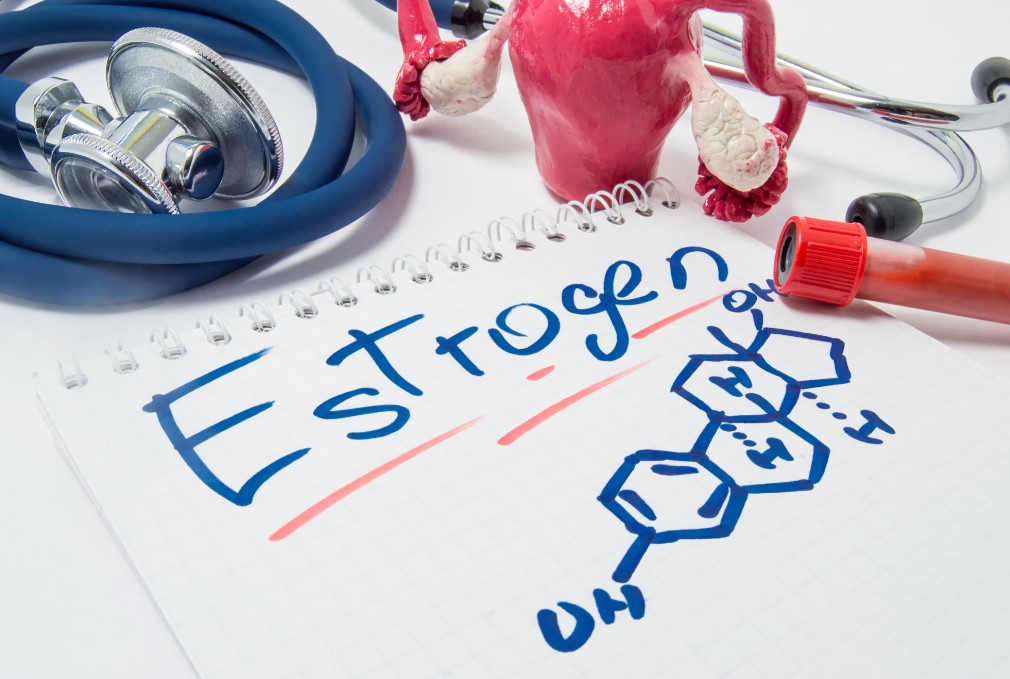Are you experiencing ED (erectile dysfunction)?
This can be a frustrating condition. Luckily, there are ways to treat it and make sure that you’re optimizing your relationship with your partner and your experience in the bedroom.
Estrogen levels in men can be an important factor in how you experience ED. Keep reading to learn how estrogen can contribute to ED and how it can be treated.
Regulates Sex Drive
High levels of estrogen can lead to lower sexual desire, while low levels of estrogen can cause increased sexual desire. Too much estrogen can cause difficulty in achieving an erection. At the same time, too little estrogen can lead to decreased libido or even an inability to achieve and maintain an erection.
Estrogen also plays a role in maintaining healthy testosterone levels. This also affects a man’s sex drive. When a man has healthy testosterone levels, his libido often increases. Estrogen also helps regulate blood flow, which is important for:
- strong erections
- healthy sexual performance
Regulation of Erectile Response
Estrogen is the primary female sex hormone, but it is also found in smaller amounts in men. Estrogen levels in men normally follow a daily cycle that peaks in the early morning and recedes throughout the day.
Estrogen plays an important role in regulating erectile response, as naturally-occurring variations in estrogen levels can affect a man’s ability to achieve an erection. Estrogen helps maintain vascular smooth muscle tone and facilitates a man’s ability to maintain an erection.
Contributes to Spermatogenesis
Estrogen levels in men play a key role in spermatogenesis, the production of sperm. High levels of estrogen inhibit the release of male sexual dysfunction, testosterone, which is essential for proper spermatogenesis.
Erectile dysfunction or impotence is a condition in which a man is unable to obtain and maintain an erection. This impairment of erectile function has been linked to both low estrogen in men and high levels of this hormone.
Support Testicular Function
Estrogen levels in men can negatively affect the support of the testicular function. This can cause erectile dysfunction. Too much estrogen in the man’s body can lead to issues with erections, difficulty with getting and maintaining an erection, and a decrease in libido.
It can also interfere with testicular functioning, including interfering with sperm production. Abnormal estrogen levels can also lead to issues with:
- energy levels
- cognitive function
- overall poor quality of life
Support Fertility
In males, high levels of estrogen lead to erectile dysfunction, as high estrogen can interfere with the production of testosterone. Therefore, low levels of estrogen in men are essential for the production of testosterone and for the maintenance of erectile function and fertility.
It is important to monitor the level of estrogen in men to ensure it is at optimal levels and to make sure it’s not negatively impacting fertility and erectile functioning. Estrogen levels need to be maintained to preserve fertility in men and to support normal erectile function.
Learn How Estrogen Levels in Men
Estrogen in men affects erectile dysfunction in a variety of ways. Managing estrogen levels in men and monitoring health are essential for maintaining healthy erectile function.
If you are concerned about your estrogen levels, please seek medical advice. A medical professional can help you manage and regulate your estrogen levels and ensure they do not impede your sexual performance.
Did you find this article informative? Check out the rest of our blog for more!










